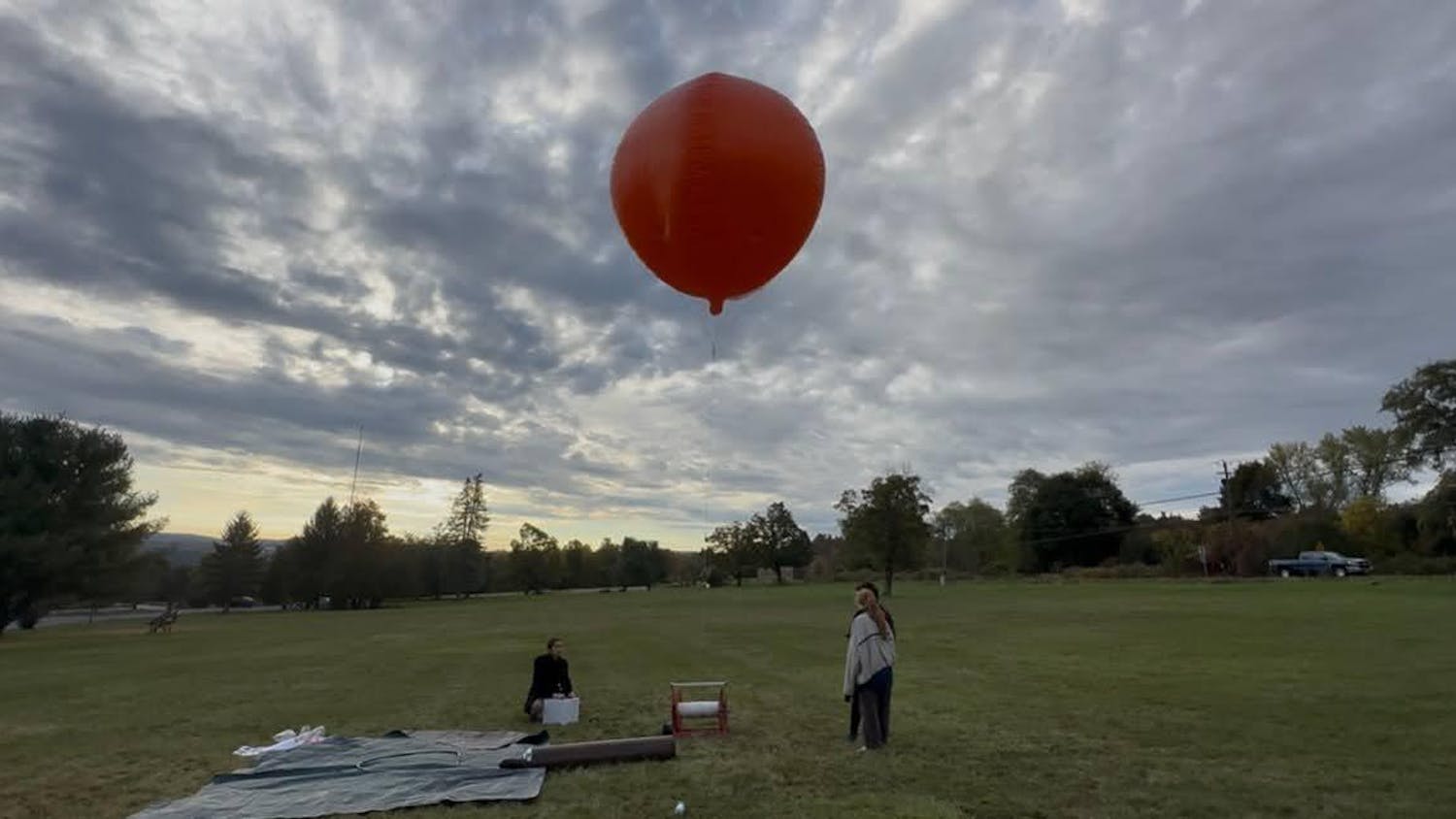The National Science Foundation has granted a team of Cornell scientists $3 million to conduct research on the potential effects of climate change on amphibious species and their ecosystems. The five-year study — entitled Dimensions of Biodiversity — will focus on stream ecosystems in the Andes Mountains in Ecuador and the Rocky Mountains in Colorado. Cornell researchers will partner with Colorado State University and the University of Nebraska, Lincoln, in what Cornell Senior Research Associate Joseph Bernardo, natural resources, described as a unique collaborative effort. The team combines a wide range of experts to approach the complicated issue of how organisms and ecosystems respond to the environmental disturbance climate change has already begun to impose. “Complex problems are complex, but that doesn’t mean they’re unapproachable,” he said. “There are lots of different ways of thinking about biodiversity, and we have experts on everything from the organismal level to the ecosystem level.” He noted that several of the Cornell and Colorado researchers worked together on other projects before deciding to combine their talents in the Dimensions of Biodiversity study. The researchers will examine different species to determine which would respond well to the extreme conditions, such as flooding, and which ones would suffer. They will also conduct experiments to test what would happen if a species such as a frog were entirely wiped out of a stream ecosystem. Made possible by the NSF grant, the results of the study “will be highly relevant to policymakers concerned with freshwater biodiversity conservation and sustainable water management,” according to Prof. Alex Flecker, ecology and evolutionary biology, who will lead the study along with Bernardo and Prof. Kelly Zamudio, ecology and evolutionary biology. The study will employ several dozen young field workers over the next five years, Bernardo said, including five to eight undergraduates per year. He emphasized the importance of the undergraduate contributions, noting that without “getting your butt out into the woods and into the stream to get samples,” the study would never progress, and that the whole group of professors, researchers, undergraduates and graduate students are working towards groundbreaking knowledge that will help scientists better understand the climate change phenomenon. “It’s an exciting project,” he said. “We’re really, really jazzed about it.” Original Author: Eliza LaJoie
$3 Million NSF Grant Will Aid C.U. Researchers in Climate Study
Reading time: about 2 minutes
Read More










